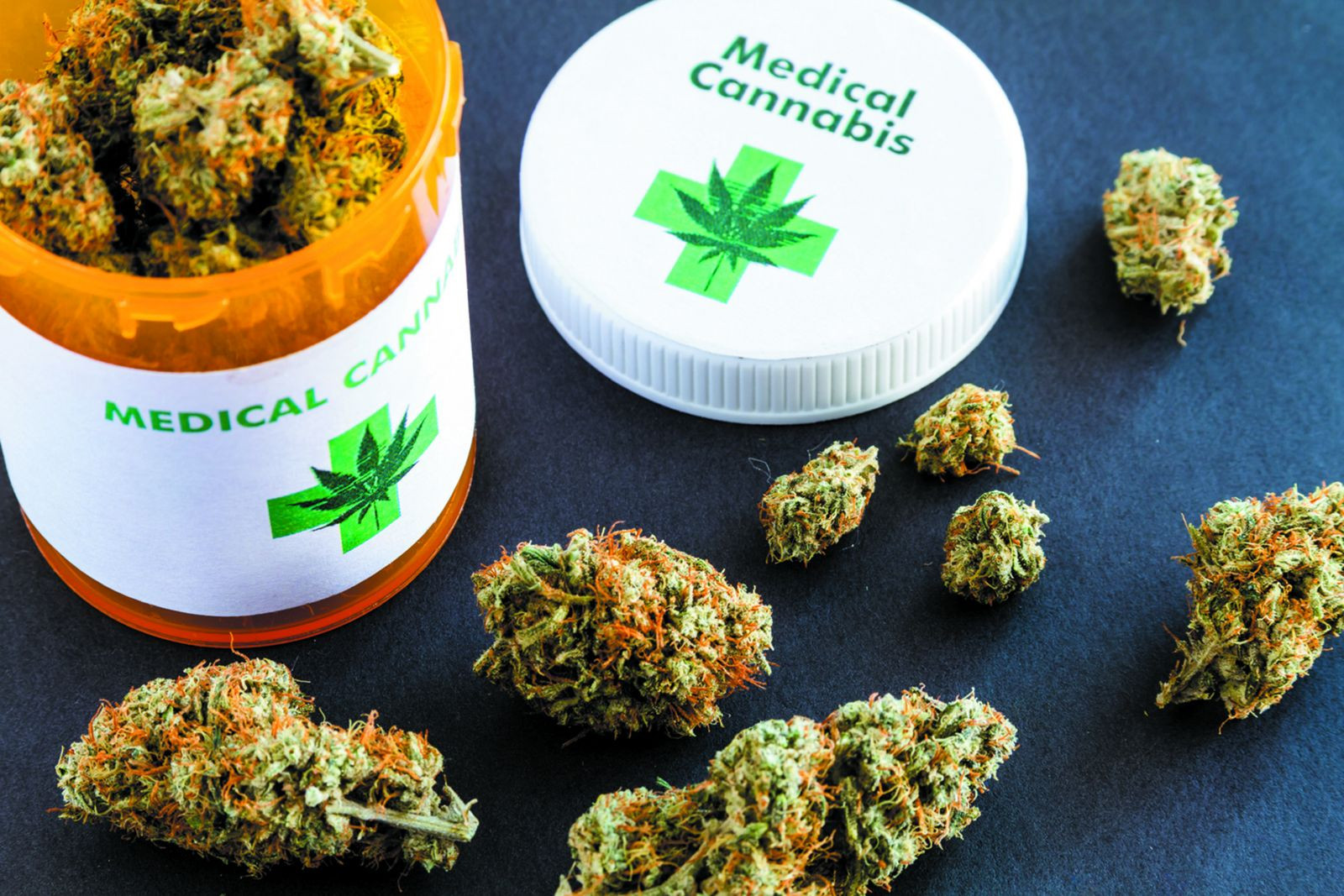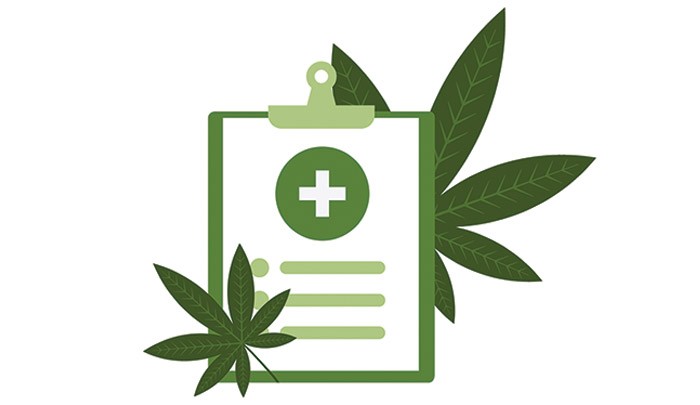Shedding Light on What Medical Cannabis Can Cure: an Extensive Evaluation of Its Restorative Residences
In recent years, there has been an expanding interest in the restorative possibility of clinical cannabis. While unscientific proof abounds, a detailed assessment of the scientific data pertaining to the effectiveness of clinical marijuana in treating these conditions is necessitated.
Chronic Discomfort Management
Persistent discomfort management continues to be a crucial aspect of treatment, demanding a comprehensive approach for effective therapy. Recently, clinical marijuana has actually become a possible therapeutic choice for individuals suffering from persistent discomfort problems. The endocannabinoid system, which plays a vital function suffering modulation, has been targeted by cannabis-based treatments to enhance and reduce symptoms quality of life for clients.
Furthermore, medical marijuana provides an encouraging choice for clients who experience intolerable negative effects from conventional discomfort medicines. Its capability to deal with discomfort with a different mechanism makes it a valuable enhancement to the toolbox of therapies readily available for persistent pain monitoring.
Epilepsy Treatment Potential
Clinical cannabis has actually shown encouraging capacity in the therapy of epilepsy, offering a novel therapeutic technique for managing seizures in patients. Epilepsy is a neurological disorder identified by recurring seizures, influencing people of any ages. Traditional treatments for epilepsy include antiepileptic drugs, however these drugs may not work for all people and can have significant side results.
Research on the use of clinical marijuana for epilepsy has actually disclosed encouraging outcomes. Cannabidiol (CBD), a non-psychoactive compound found in cannabis, has been especially highlighted for its anticonvulsant buildings. Studies have shown that CBD can lower the regularity and seriousness of seizures in individuals with treatment-resistant forms of epilepsy, such as Dravet disorder and Lennox-Gastaut disorder.
Furthermore, the FDA has authorized a CBD-based drug, Epidiolex, for the treatment of seizures connected with these extreme forms of epilepsy. This turning point underscores the growing recognition of medical cannabis as a beneficial therapeutic choice for handling epilepsy and supplies hope for clients that have actually not reacted well to standard treatments.
Nausea Or Vomiting Alleviation Benefits
The alleviation of nausea or vomiting with using cannabis has been progressively identified for its therapeutic benefits in various medical conditions. Queasiness and vomiting prevail signs and symptoms experienced by people undergoing chemotherapy, those with food poisonings, and people with chronic pain conditions. Clinical marijuana, with its energetic compounds such as THC and CBD, has revealed promise in offering remedy for queasiness.

In addition, clinical marijuana supplies an all-natural option for individuals useful link that do not respond well to conventional anti-nausea medications or that experience extreme negative effects from these drugs. People undertaking chemotherapy, specifically, have actually reported substantial renovations in their lifestyle when using marijuana to manage nausea. As study in this field remains to grow, clinical cannabis is progressively being taken into consideration as an important option for nausea alleviation in various medical settings.
Anxiousness Reduction Results
Research studies have shown the capacity of cannabis in minimizing anxiety symptoms through its interaction with the endocannabinoid system. The endocannabinoid system plays an important Get the facts role in controling feelings, consisting of anxiousness, by maintaining homeostasis in the body. Cannabinoids in cannabis, such as THC and CBD, communicate with the endocannabinoid receptors in the mind, specifically the CB1 and CB2 receptors, to regulate anxiety-related responses.

People with problems like generalized stress and anxiety disorder (GAD), social anxiety disorder, and trauma (PTSD) may take advantage of the anxiolytic residential or commercial properties of marijuana (Medical Marijuana Clinic Clinton MS). Further research study is required to determine optimal dosages, delivery methods, and lasting effects on anxiety management.
Potential for Inflammation Control
With its well-known anti-inflammatory homes, marijuana has actually shown pledge in potentially managing inflammation within the body. Inflammation is the body's all-natural feedback to injury or infection, however when it ends up being chronic, it can contribute to various diseases such as arthritis, inflammatory bowel illness, and even heart disease. Research recommends that the cannabinoids anonymous located in cannabis, such as THC and CBD, can aid regulate the immune feedback and decrease swelling.
Researches have actually shown that cannabis can interact with the endocannabinoid system, which plays a vital function in managing swelling. By targeting the cannabinoid receptors, marijuana substances can modulate the immune reaction, leading to a reduction in inflammation degrees. This makes cannabis a potential prospect for managing inflammatory conditions where traditional therapies have actually failed.
Moreover, cannabis-derived products like CBD oil have actually acquired appeal for their anti-inflammatory buildings, with numerous people using them as an all-natural treatment for problems connected with swelling. While more research is needed to fully understand the devices behind cannabis's anti-inflammatory impacts, current searchings for reveal promising outcomes for the potential use of clinical marijuana in controlling swelling.
Verdict
Finally, clinical cannabis has shown encouraging therapeutic residential properties in managing persistent pain, dealing with epilepsy, easing nausea, minimizing anxiety, and regulating swelling. Its potential benefits in different medical conditions highlight the importance of additional study and exploration right into its medicinal usage. The proof recommends that medical cannabis can be a valuable option treatment choice for clients seeking remedy for a variety of conditions and signs.
In current years, clinical marijuana has actually arised as a possible therapeutic choice for individuals experiencing from persistent pain problems.Clinical marijuana has actually revealed encouraging capacity in the treatment of epilepsy, using an unique restorative technique for managing seizures in clients. As research in this area continues to grow, clinical cannabis is increasingly being thought about as a valuable alternative for nausea alleviation in different medical setups.
In verdict, clinical cannabis has revealed encouraging therapeutic buildings in taking care of persistent pain, treating epilepsy, eliminating nausea or vomiting, lowering stress and anxiety, and managing inflammation. The evidence recommends that clinical marijuana might be a useful option therapy option for patients looking for relief from an array of signs and symptoms and problems.